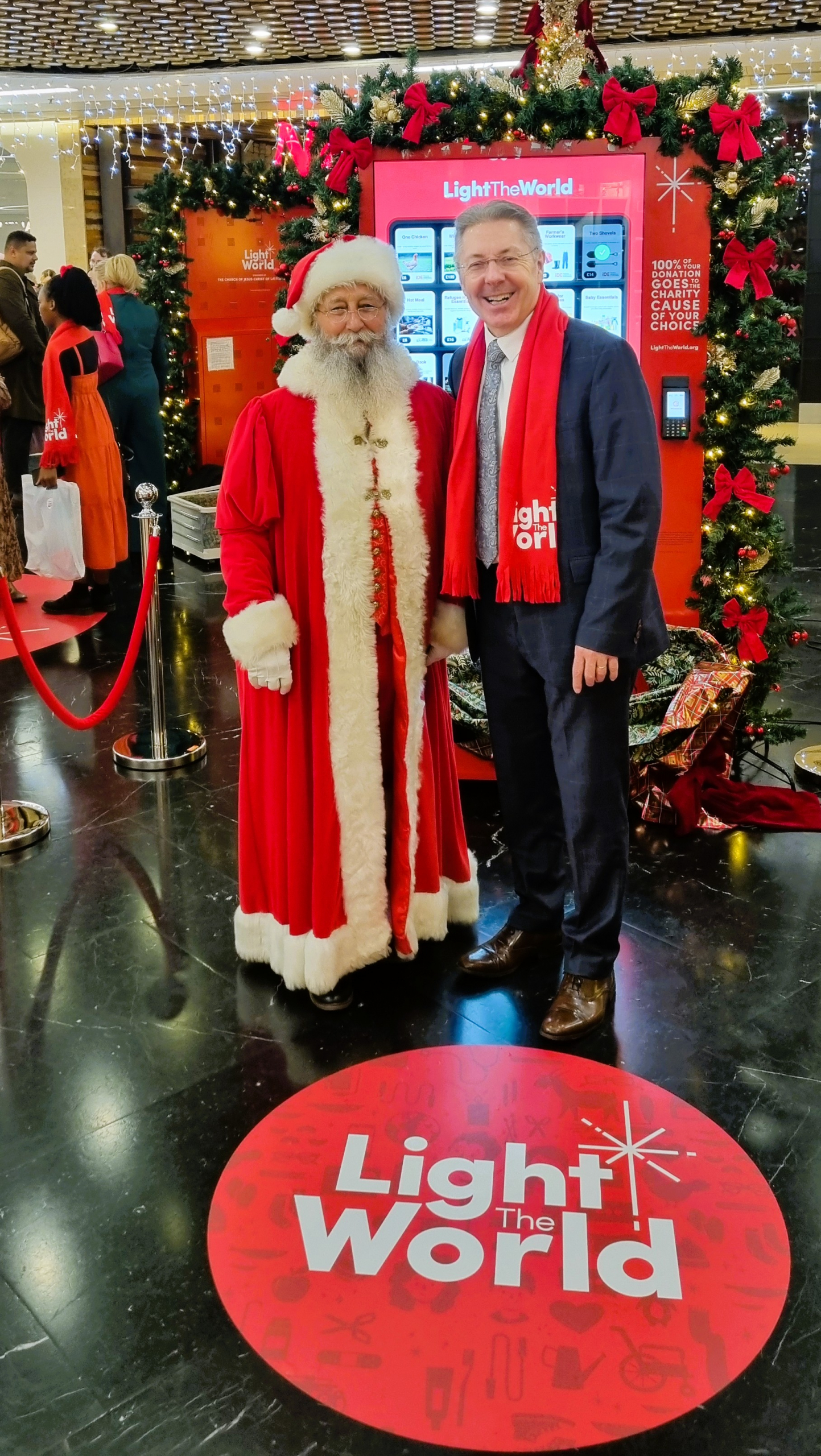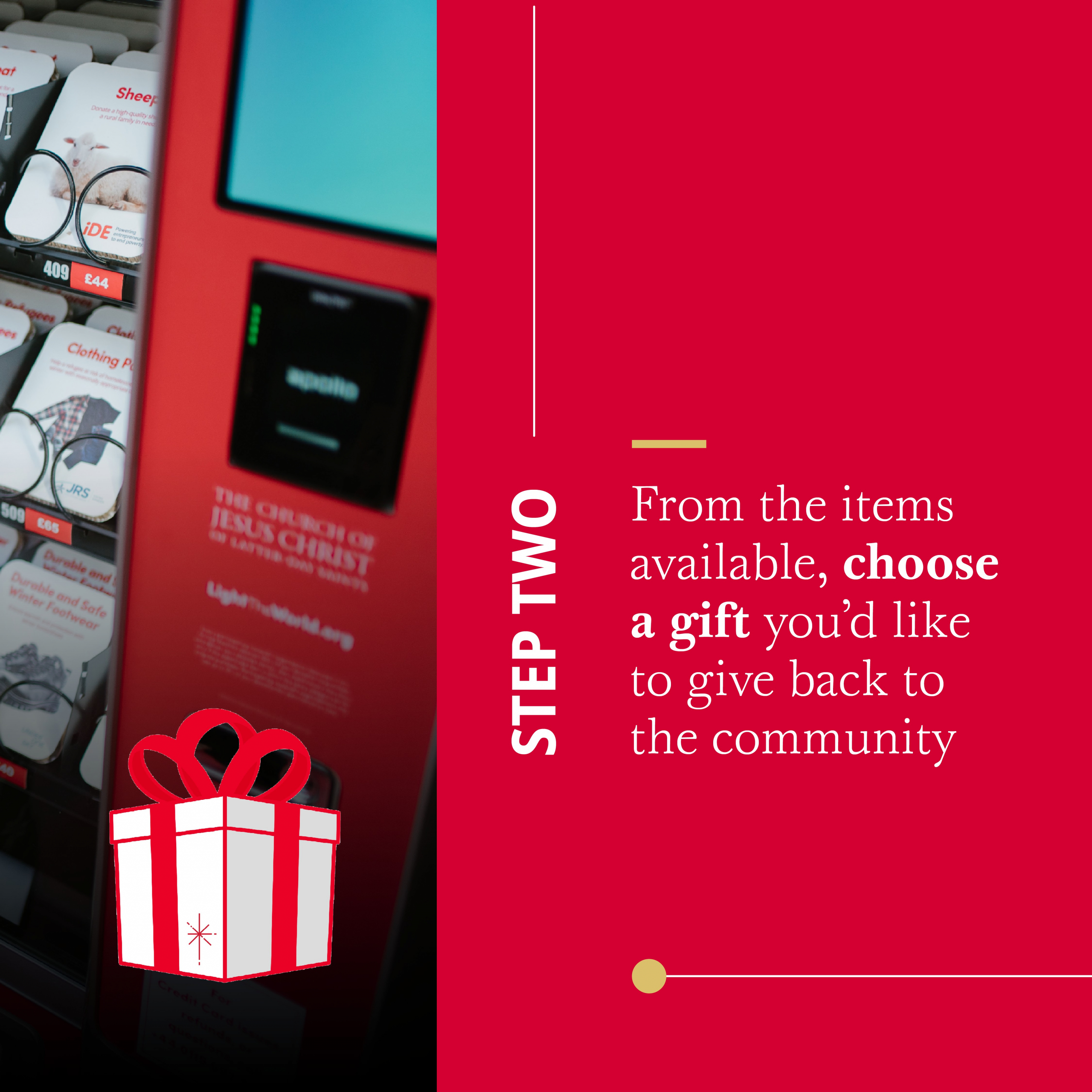The Pause That Leads
The Welcoming Table
Gospel Reflections
Drawn to Learn
One of the habits I’ve carried with me for a long time is having my head buried in personal and leadership development books.
Over the years, I’ve gathered countless ideas and insights through my reading, many of which have shaped my thinking, my coaching, and the way I show up.
In almost every learning session I facilitate, I take a small stack of these books along with me, that I feel relevant for the topics at hand.
I place them quietly at the front of the room, arranged at eye level, just visible enough to stir a little curiosity.
Surfacing Ideas
Whilst facilitating, a thought, a principle, or an idea often surfaces in the room as part of a discussion.
Frequently, I have noticed that somehow in those moments a memory is triggered – a storyline, a poem or a quote and I just quietly reach for the book, to share it with the group.
And without fail, at some point, perhaps during a break, after a reflective exercise, or on the way out the door, someone wanders up to me, half-whispering the same familiar question:
“Can I have a look at your books?”
There’s something lovely about that moment.
It’s a reminder that learning is magnetic.
People are drawn to ideas, stories, and tools that promise to help them become a little more than they were yesterday.
The books aren’t there to impress.
They’re there as a silent, open invitation.
A gentle nudge that says: There’s always more to uncover. More to question. More to grow into.
And perhaps that’s one of my favourite parts of facilitation, the quiet exchanges that don’t happen when I’m speaking, but when someone chooses to explore a new possibility for themselves.
Because sometimes all it takes is the right book in the right moment… placed in just the right spot.
What’s the next idea you need to explore to grow as a leader?
Small Gifts, Big Light
Joy

Give a Little Light



